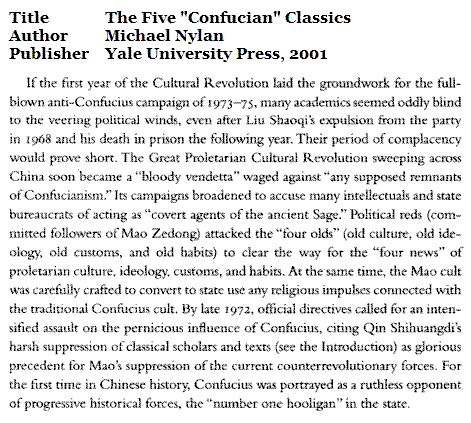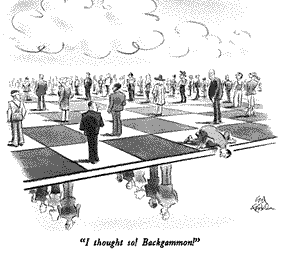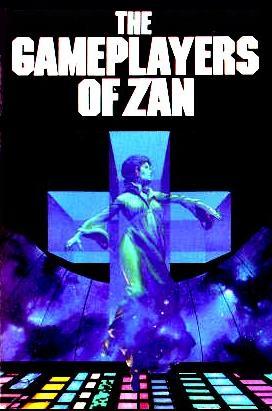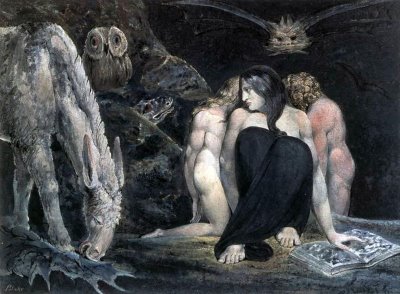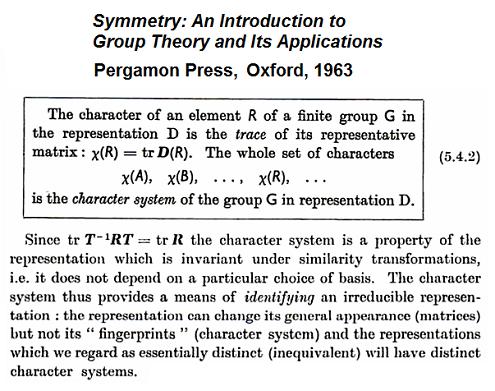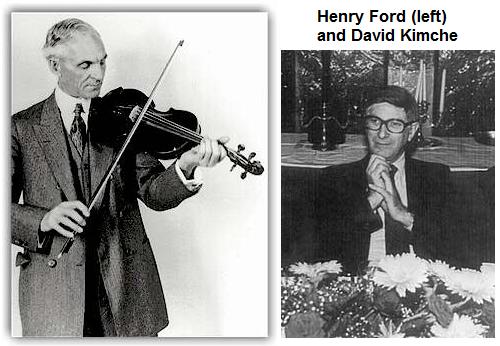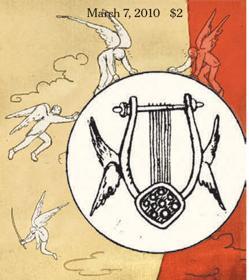A search for previous mentions of Alexandre Borovik in this journal (see previous entry) yields the following–
In Roger Rosenblatt's academic novel Beet, committee members propose their personal plans for a new, improved curriculum:
“… Once the students really got into playing with toy soldiers, they would understand history with hands-on excitement.”
To demonstrate his idea, he’d brought along a shoe box full of toy doughboys and grenadiers, and was about to reenact the Battle of Verdun on the committee table when Heilbrun stayed his hand. “We get it,” he said.
“That’s quite interesting, Molton,” said Booth [a chemist]. “But is it rigorous enough?”
At the mention of the word, everyone, save Peace, sat up straight.
“Rigor is so important,” said Kettlegorf.
“We must have rigor,” said Booth.
“You may be sure,” said the offended Kramer. “I never would propose anything lacking rigor.”
This passage suggests a search for commentary on rigor at Verdun. Voilà—
d) The Great War: a study in systematic rigor
… Because treaties had been signed, national pride staked, hands shaken, and honor pledged, two thousand years of civilization based on energetic, creative sacrifice and belief in every person’s sacred spark dissolved in smoldering ruins. Europe’s leaders played at the “game” of honor without duly considering whether their ends were honorable. The old boys incited their children— others’ children, and often their own— to volunteer for the slaughterhouse because “death for the fatherland is sweet and fitting.” 7
If men will thus fling their own sons into the fiery furnace in an obsession with making the system go, what hope is there that a mere game— a true game, a joyful pastime— will liberate itself from systematic rigor to increase the quality of play or to allow more players on the field?
— "A Synthetic Meditation on Baseball, Racism, Closed Systems, and Spiritual Rigor Mortis," by John R. Harris
The Beet excerpt is from a post of Sunday, May 25, 2008– "Hall of Mirrors."
Related material on death and rigor appears in a 1963 commentary by Thornton Wilder on a novel by James Joyce–
"… Joyce's interest is not primarily in the puns but in the simultaneous multiple-level associations which they permit him to pursue. Finnegans Wake appears to me as an immense poem whose subject is the continuity of what is Living, viewed under the guise of a resurrection myth. This poem is conducted under the utmost formal rigor controlling every word and in a style that enables the author through apparently preposterous incongruities to arrive at an ultimate unification and harmony."
"Build it and they will come." — Field of Dreams








